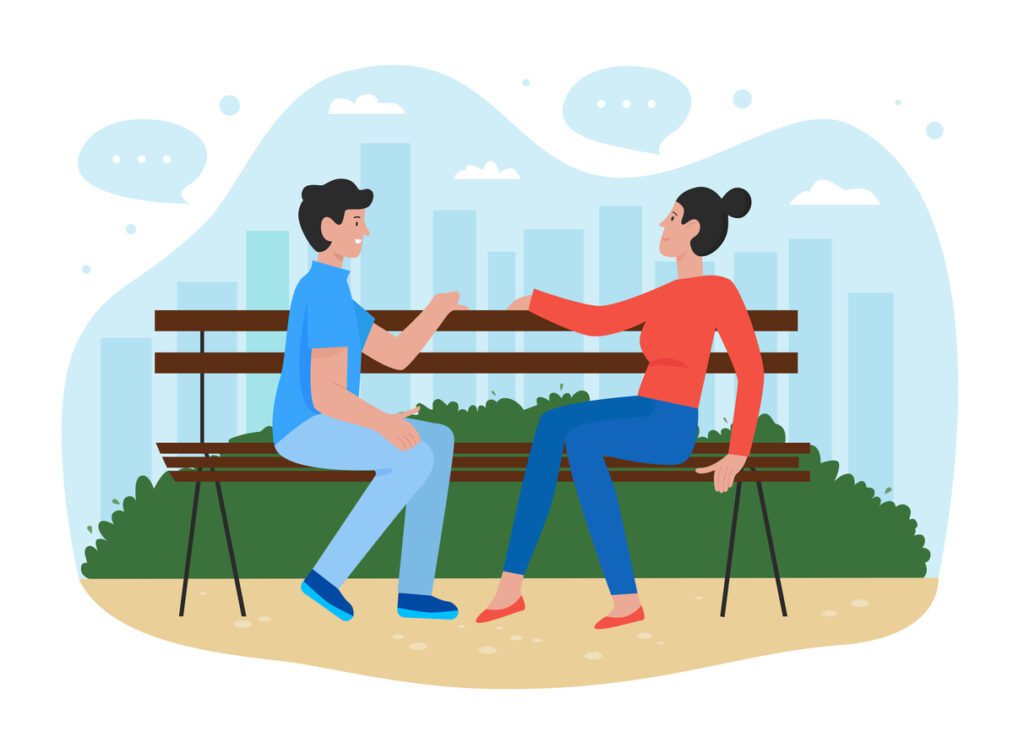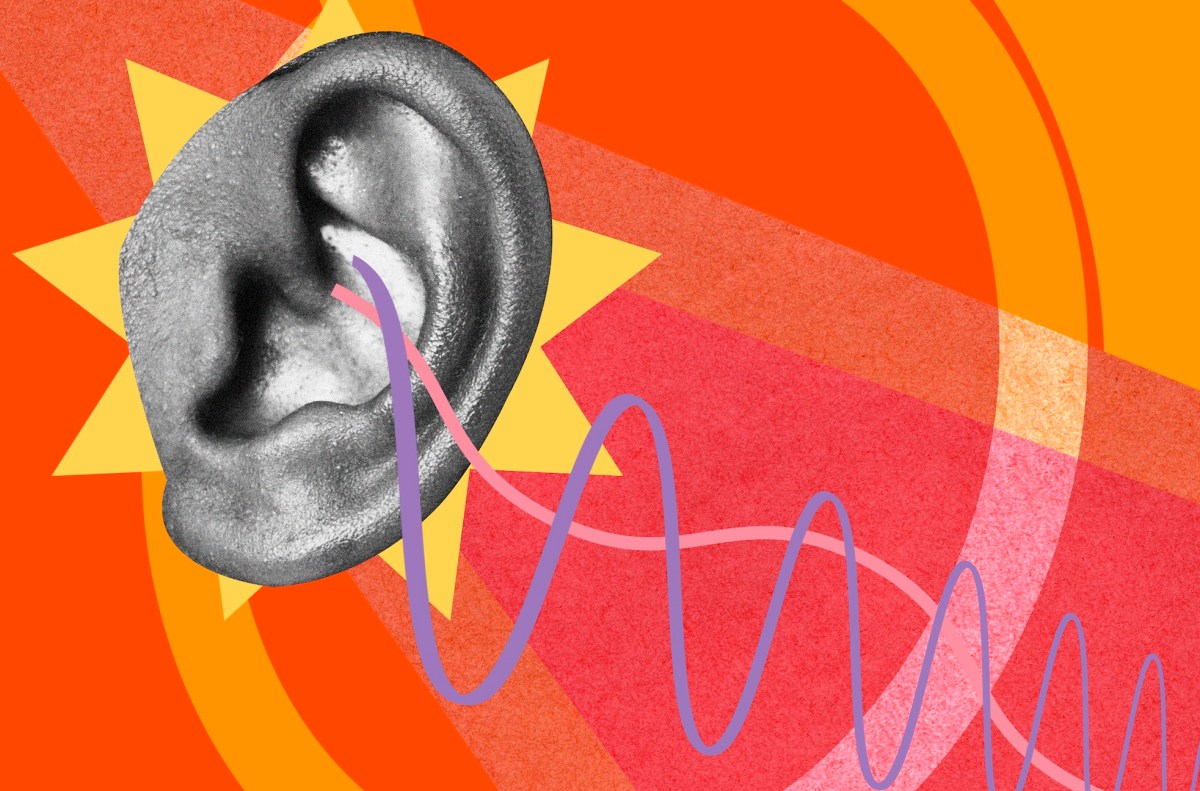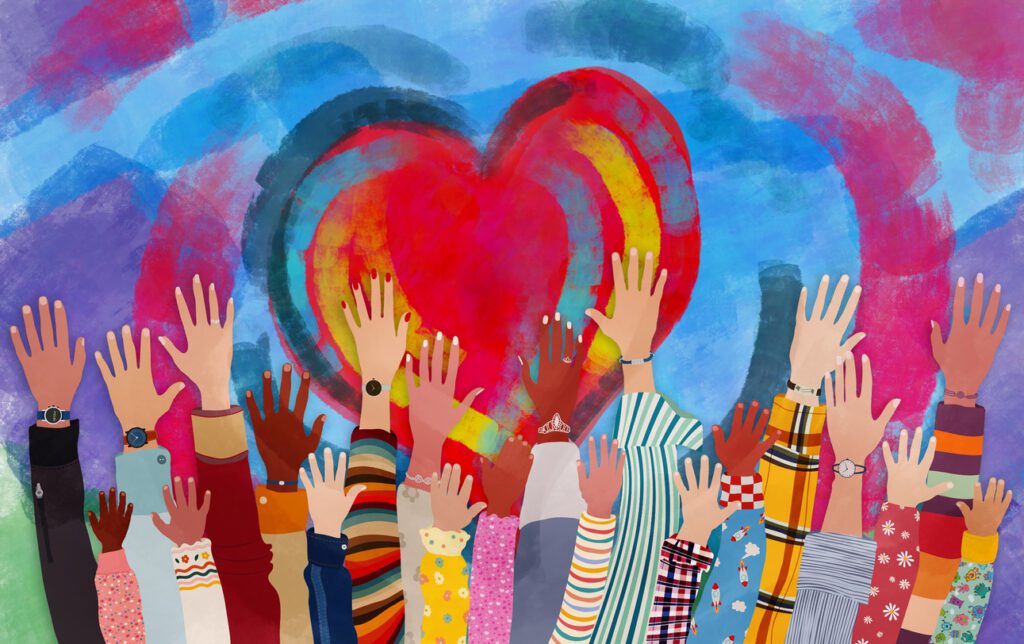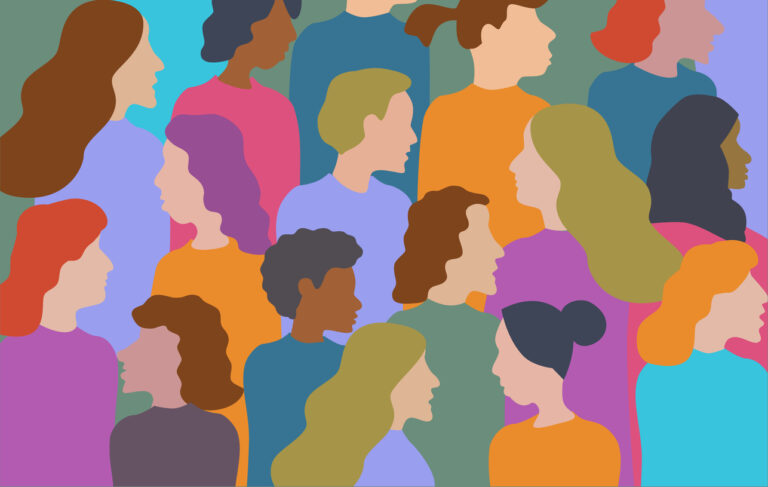Are you the type to lie in bed at night dwelling on conversations from the day — perhaps reliving an awkward moment at a dinner party or wondering if you said the right thing during a Zoom call with a colleague? It’s a common practice, and unfortunately, it can lead to the common conclusion that people don’t like us as much as we hope they do.
Thanks to robust research on the subject, however, we can happily report that this interpretation is — in most cases — likely incorrect.
That’s according to a team of psychologists who spent nearly a decade investigating the accuracy of individuals’ beliefs about the way others perceive them, specifically looking at whether humans are correct in their predictions of whether or not someone else likes them.
After tens of thousands of observations, the researchers determined that not only do we underestimate how much people like us, but also that this bias has important implications for how we work together.

Writing about their findings in Harvard Business Review, Erica Boothby, Gus Cooney, Adam Mastroianni, Andrew Reece, and Gillian Sandstrom explain that they conducted a series of studies in the U.K and the U.S. during which participants spoke with people they had never met before.
After their conversations, they were asked to report back on how much they liked the person they’d talked with, and how much they thought the person liked them.
“Time and time again, we found that people left their conversations with negatively biased feelings about the impression they made (‘I’m pretty sure that I liked them more than they liked me.’),” the authors wrote. “That is, people systematically underestimate how much their conversation partners like them and enjoy their company — an illusion we call the ‘liking gap.’”
The team went on to note that this inaccurate perception isn’t limited to people we’ve just met: “The liking gap can linger and permeate a variety of relationships, including interactions with co-workers, persisting long after the initial conversations have taken place.” They added that in one of their studies, the gap was still present between colleagues who’d been working together for six months.

Aside from the obvious issue of making us feel down on ourselves, the negative assumptions can have concrete consequences. Having a larger liking gap is associated with people being less willing to ask co-workers for help, collaborate on projects, and request or offer honest feedback.
So why do we often believe the worst when it comes to predicting others’ opinions of us? According to the authors, it’s because we tend to think negatively about ourselves to begin with. In the studies, the psychologists asked participants to write down their thoughts about themselves and their partners after their conversations concluded.
“As we suspected, people’s thoughts about themselves were much more negative than were their thoughts about their conversation partner,” they explain in HBR. “People ruminated on the things they believed they did poorly during their conversations and this clouded their ability to see just how much the other person actually liked them.”
Avoiding the Liking Gap
Back to the good news, though: There are ways to better align your beliefs with reality. You can start by shifting your attention and fully focusing on your conversation partner while talking to them. That might seem obvious, but frequently, we slip into analyzing our own words and start worrying about how we’re coming across instead.
“The more you’re zeroed in on the other person, and the less you’re focused on yourself, the better your conversation will be and the less your mind will turn to all the things you think you didn’t do well,” the researchers write.
To do this, be curious during your interactions with people — ask questions and engage in active listening. It can also help to chat more with strangers or acquaintances so you get practice feeling comfortable in conversations.
“Call that person you have been meaning to, say hello to the colleague you have been avoiding, or register for that networking event and try shifting your attention to your conversation partner instead of yourself,” the team suggests. “And remember, people will probably like you more than you think.”











